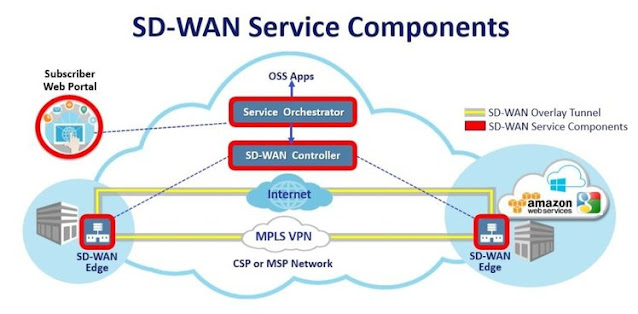Role of GDPR in providing safe browsing on a WiFi

GDPR stands for General Data Protection Regulation which is a safety protocol followed in Europe, the UK, and the USA ensuring 100% safety of consumer data especially those consumers that have been asked to put their credit/debit card details or internet banking passwords for performing a transaction on a merchant payment gateway through online or offline mode. This clause has been placed to safeguard the current European information protection and security regulations. It has changed how businesses regularise and follow data protection, which involves engaging clients to insert their confidential data through different payment gateways whether online or offline for making a purchase on their store online or offline. There has been some analysis on GDPR that has forced extra weight on organizations and businesses. Taking into account the ongoing situation the meaning of safe treatment of the user data is of huge importance. GDPR is a chance for individuals to protect themselves and go ...



